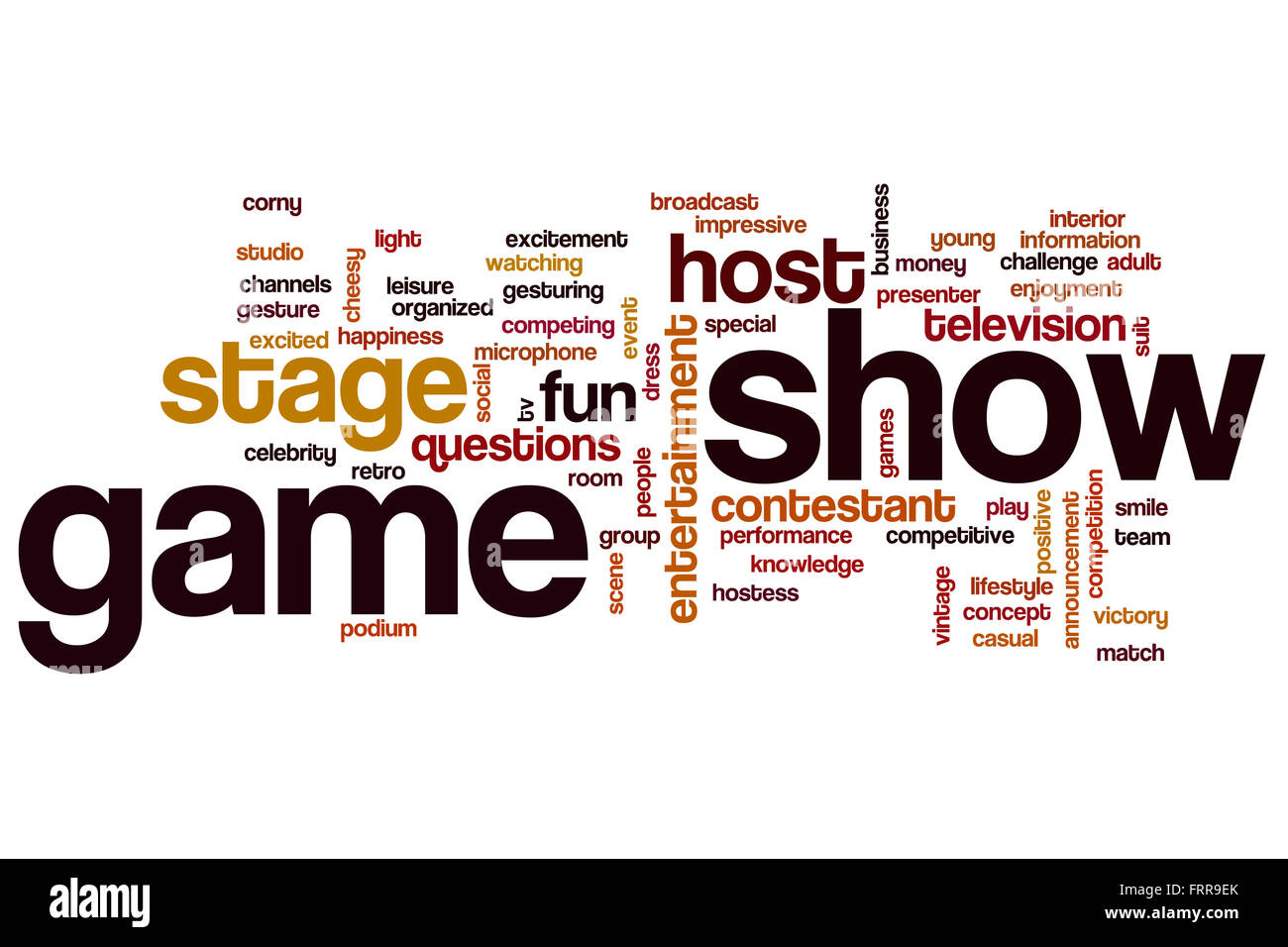
Word games are puzzles that rely upon a player’s language ability to solve them. The words may be arranged horizontally, vertically, or even. Three contestants face a board that has been preloaded with a set amount of words about a specific topic. It's time to play Money Words And here is your host on Money Words, Mike Darow' Money Words was an unsold show that was basically Battleship with words. 'This is the game where letters make words, and words make money.


Games that use tiles and dice to rearrange words include Parker Brothers’ popular Scrabble and Boggle, Perquackey and Facebook’s Scramble. Puzzle Games.Games that use paper and pencil include crosswords and the word jumble (sometimes called “word search”), as well as Hangman, a popular word guessing game. Play games like hangman, word search, texttwist 2, word wipe, word connect or test your vocabulary skills.
“Wordcross” became “crossword” in a typesetter’s mistake. Twenty-one years later the first “wordcross” was published in the New York World newspaper. The origins of Hangman are shrouded in mystery, but a description of the game’s rules first appeared in a 1894 book called “Traditional Games” where it was called “Birds, Beasts and Fishes.”Word square games have been found in the ruins of Pompeii, but the first recognizable crossword – a four by four grid with horizontal and vertical clues – appeared in the Italian magazine Il Secolo Illustrato della Domenica in 1894. The answer? A rain cloud.Charades dates to 16th century when it was one of the parlor games popular at the French court.Games that depend upon spelling skills became popular with the rise of mass literacy and spelling standardization in the 19th century. “Who becomes pregnant without conceiving, who becomes fat without eating,” asks a Babylonian cuneiform.
The first Official Scrabble Players Dictionary was published in 1978.Boggle was invented in 1972 by Alan Turoff. In 1971, the first national Scrabble tournament was played. The original game called “Lexiko” used a hundred squares and did not catch on until James Brunot, one of the original investors, bought the exclusive rights to manufacture the game, simplified the rules, and changed its name to “Scrabble.” The game became a hit after the president of Macy’s began stocking it in his department store. Alfred Mosh Butts analyzed the frequency with which letters appear in the English language to come up with distribution and point value for his lettered tiles. Today it’s been estimated that some 40 million Americans enjoy crossword puzzles for recreation.Scrabble was the brainchild of a Depression-era architect who couldn’t find work. Simon and Schuster brought out the first crossword puzzle book in 1924 – it came with a pencil and The New York Times began publishing its venerable puzzle in 1942.
For older players word games can be both a social recreation and a solitary passion and a great way both to improve vocabulary and keep the mind sharp. For the very young, word games provide a stealthy form of education, teaching as they entertain. Word games are the nexus where visual and linguistic skills meet. What they share is a love for puzzles and for language. The game was not a hit with players, however, until Parker Brothers relauched it in 1976 with an extremely popular advertising campaign.Word game aficionados come from every walk of life.


 0 kommentar(er)
0 kommentar(er)
